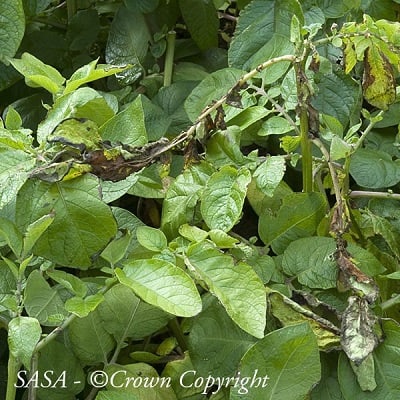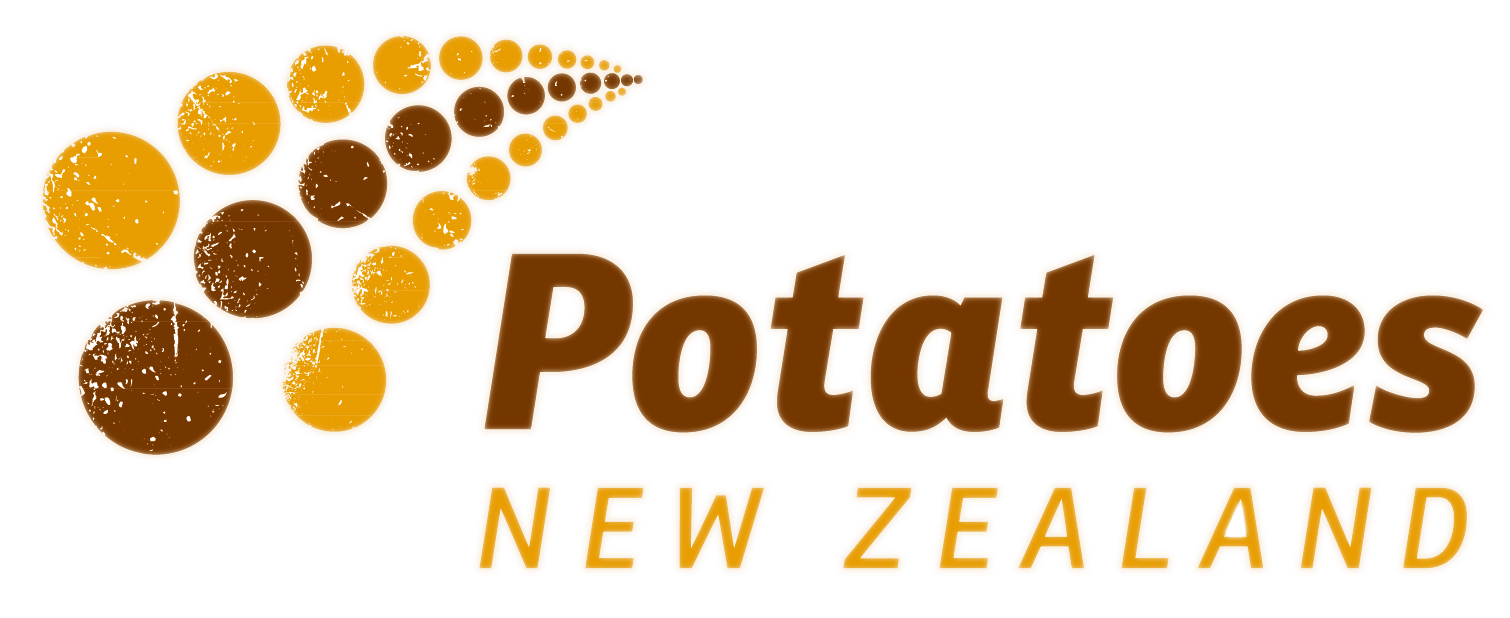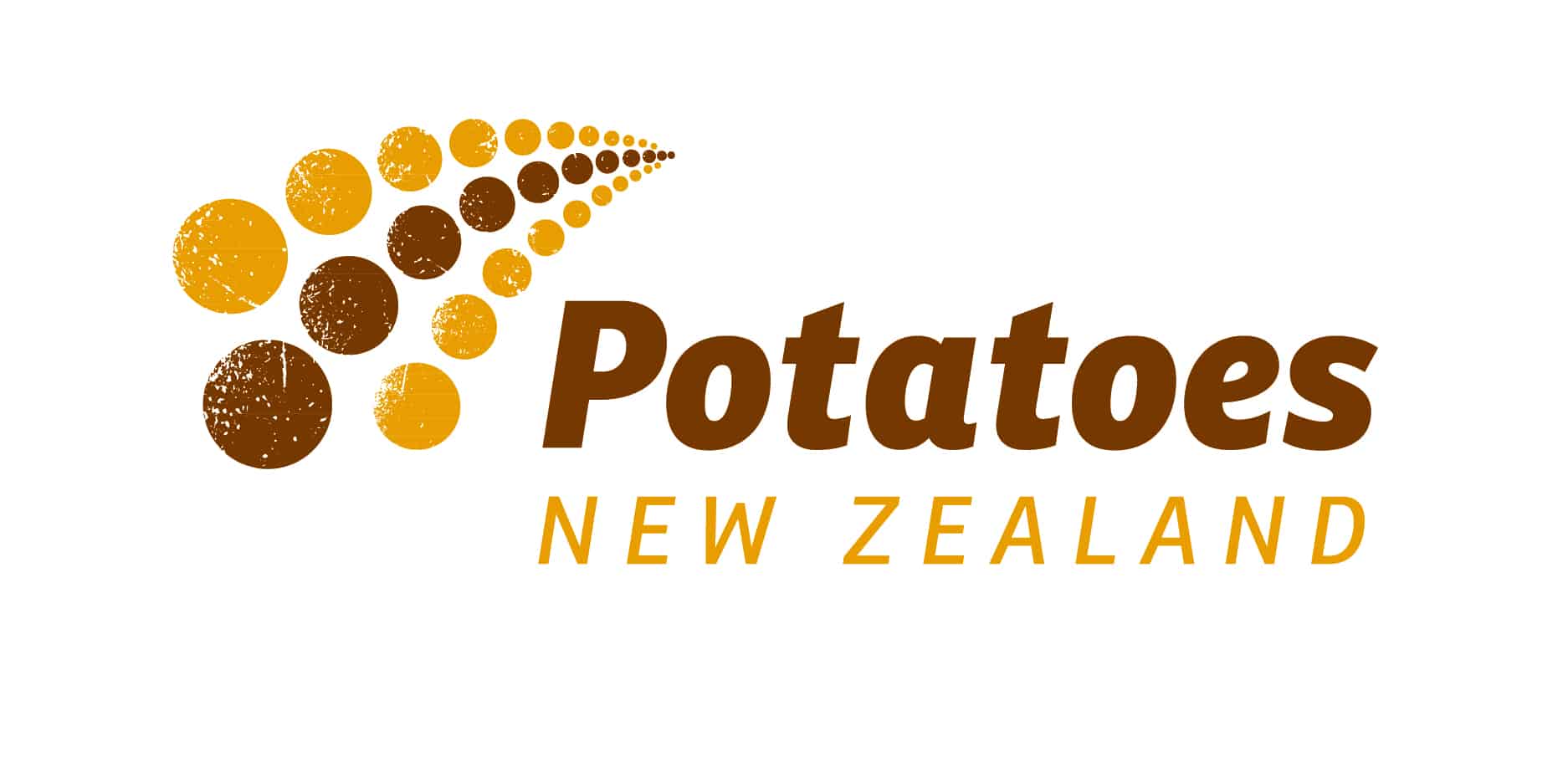 Both Pectobacterium atrosepticum and P. carotovorum subsp. carotovorum have previously been isolated from potato tubers with soft rot symptoms in New Zealand. Only Pectobacterium atrosepticum has been shown to cause blackleg. Pectobacterium carotovorum subsp. wasabiae has been recorded on potato in New Zealand. Both occur sporadically in New Zealand, causing economic damage under optimal temperature and humidity conditions for disease development.
Both Pectobacterium atrosepticum and P. carotovorum subsp. carotovorum have previously been isolated from potato tubers with soft rot symptoms in New Zealand. Only Pectobacterium atrosepticum has been shown to cause blackleg. Pectobacterium carotovorum subsp. wasabiae has been recorded on potato in New Zealand. Both occur sporadically in New Zealand, causing economic damage under optimal temperature and humidity conditions for disease development.
- carotovorum subsp. brasiliensis is also likely to be an important component of the blackleg syndrome in New Zealand. This pathogen is expected to contribute to economic losses resulting from both blackleg and tuber soft rot. It also causes severe economic impacts both in Brazil and South Africa.
The bacterial pathogen Erwinia chrysanthemi [potato strain] is regulated for New Zealand and has not been recorded from potatoes.
Dickeya solani is also a regulated pathogen for New Zealand and has not been recorded from any host including potatoes. Potatoes New Zealand Inc. is actively seeking to have the nursery stock import health standard changed to require testing for this pathogen in imported hyacinth bulbs.
Given the aggressive nature of the Dickeya species overseas, New Zealand growers are advised to monitor their crops for any unusual symptoms. Have any suspect plant symptoms identified and ensure your seed tubers are of the highest quality.
Reference:
- BORIC – http://mpi.govt.nz/news-and-resources/resources/registers-and-lists/biosecurity-organisms-register-for-imported-commodities/
- Panda P, Fiers MAWJ, Armstrong K, Pitman AR, 2012. First report of blackleg and soft rot of potato caused by Pectobacterium carotovorum subsp. brasiliensis in New Zealand. New Disease Reports 26, 15. [http://dx.doi.org/10.5197/j.2044-0588.2012.026.015]


